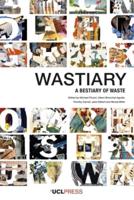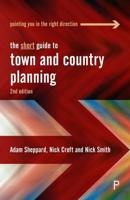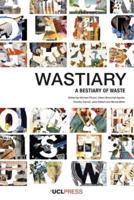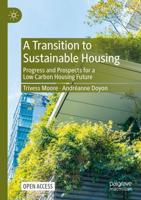Publisher's Synopsis
Despite the publication of a growing number of books on countryside recreation, few have analyzed the relationship between the planning system and provision for rural recreation. This book aims to fill that gap, critically assessing the role of statutory and informal plans, development control and ôôôôpositiveö planning in achieving recreational goals. This investigation highlights how policies have been influenced by the search for consensus and the ôôôôacceptabilityö of recreation projects to different interest groups. It stresses the valuable role that planning can play in safeguarding recreation resources but also reminds of the limitations of the statutory planning system. Aimed at practitioners and academics, this book usefully identifies the major challenges facing recreation planners during a period of rapid change in the countryside.









